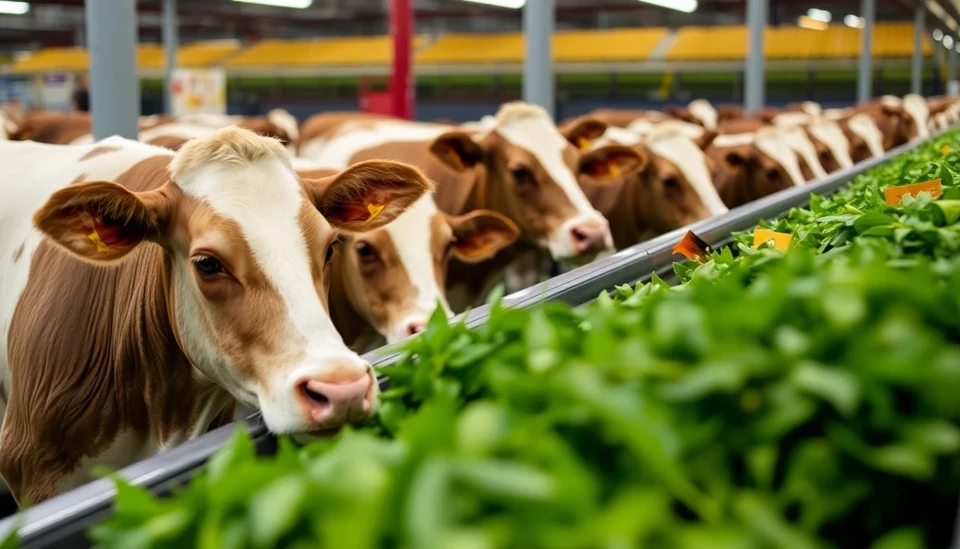
Beef prices in Brazil have seen a significant rise recently, causing alarm among economists and consumers alike regarding potential inflationary pressures. The increase in prices has been attributed to several factors, including supply chain disruptions, heightened production costs, and growing demand both domestically and internationally.
The Brazilian beef market, which is one of the largest in the world, is facing challenges as various dynamics influence its pricing structure. Analysts note that the surge in beef prices could lead to a cascading effect on the overall cost of living, particularly since beef is a staple in many Brazilian households. Just in recent weeks, average prices for beef have soared by a considerable percentage, raising eyebrows across economic sectors.
Key drivers of this price surge include rising feed costs and adverse weather conditions that have affected cattle herding practices. Additionally, international demand for Brazilian beef remains strong, with key export markets such as China and Europe actively seeking higher volumes of meat. This growing demand, combined with local supply constraints, has further exacerbated the rise in prices. Market experts indicate that if these trends continue, consumers may soon find it challenging to keep up with increasing grocery bills.
The Brazilian government is closely monitoring the situation as inflationary pressures could hamper economic recovery efforts post-pandemic. Officials are concerned that an extended period of high beef prices could not only prompt food insecurity among lower-income families but also compel consumers to seek alternatives, potentially disrupting traditional dietary patterns.
In a response to the unfolding situation, various stakeholders, including farmers and meat producers, are advocating for measures to stabilize the market. However, the effectiveness of potential interventions remains to be seen as the dynamics of the global beef market are often unpredictable. The situation emphasizes the interconnectedness of local markets with global trends, showing how international demand can significantly influence domestic prices.
In summary, the rise in beef prices in Brazil is a multifaceted issue, with implications that extend beyond mere economics. The impact on consumers, policymakers, and the agricultural sector outlines a growing concern that needs to be addressed promptly to mitigate further adverse effects on the economy.
As the situation develops, all eyes will be on how stakeholders respond to this critical challenge and what measures are implemented to ensure that the citizens of Brazil can afford essential food items amidst an uncertain economic climate.
#BrazilBeef #InflationConcerns #EconomicImpact #FoodSecurity #MeatMarket #BrazilianEconomy #BeefPrices
Author: Rachel Greene
